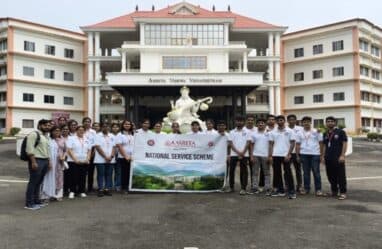Impact of Cartoons on Children Mind & Development : Friend or Foe?
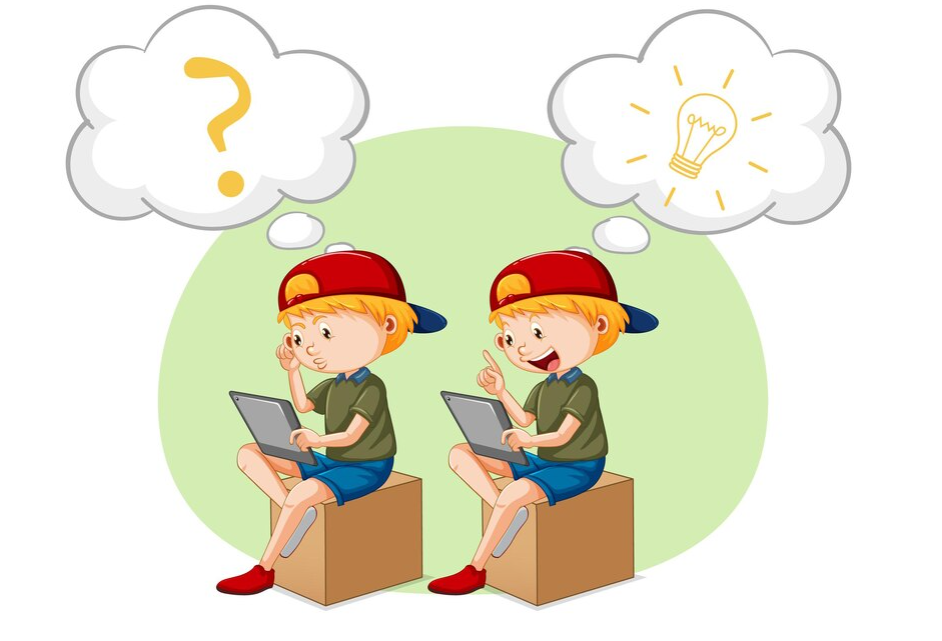
Unveiling the Nuances of Cartoons: A Comprehensive Exploration of Their Impact on Children’s Development
Cartoons are a distinctive part of childhood memories since they amuse and shape a child’s mentality. Cartoons’ effects on children’s cognitive and emotional development are fascinating and concerning, prompting issues about whether they are friends, fostering young brains, or adversaries, posing possible risks. This study examines the complicated interaction between cartoons and children and their effects on development. Are cartoons creating a generation of inquiring and innovative brains, or are there risks? Join us as we explore how cartoons affect children’s brains and development.
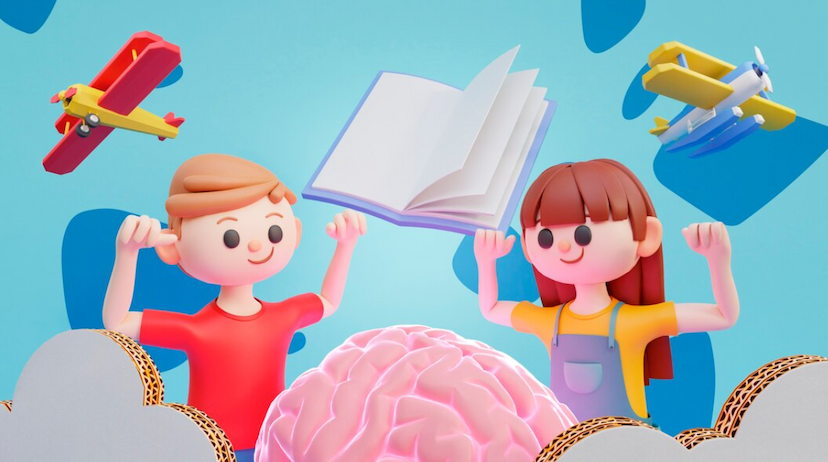

Impact on Behavior
Unpacking the Layers According to Robinson and Shaw’s (2008) research, cartoons serve as effective tools for children to grasp complex ideas, enhancing working memory and stimulating visual learning. This influence can be so potent that it sometimes surpasses the impact of immediate family or surroundings. To illustrate, Disney movies seamlessly blend entertainment with life lessons on love, friendship, and morality. A study conducted by the College of Graduate Social Work at the University of Houston indicates that discussing these themes significantly contributes to a child’s cognitive and behavioural development.
Language Development
The Linguistic Tapestry of Cartoons The pivotal role of cartoons in language development becomes evident when examining the linguistic prowess of the “Spacetoon” generation. Channels like Spacetoon and ART for Children, with appropriately dubbed cartoons, have contributed to an entire generation fluent in Arabic. This linguistic impact is a testament to the significant role cartoons play in shaping language skills among children.
Importance for Children
A Multisensory Learning Experience Cartoons, acting as engaging tools for communication, cater to a child’s mental and physical growth through sensory experiences. The interplay of colours, a key external factor, not only stimulates emotions but also aids in conveying complex information that might be challenging to explain otherwise. The colourful visuals provide a rich world of symbols that enhance children’s understanding of various values and concepts.

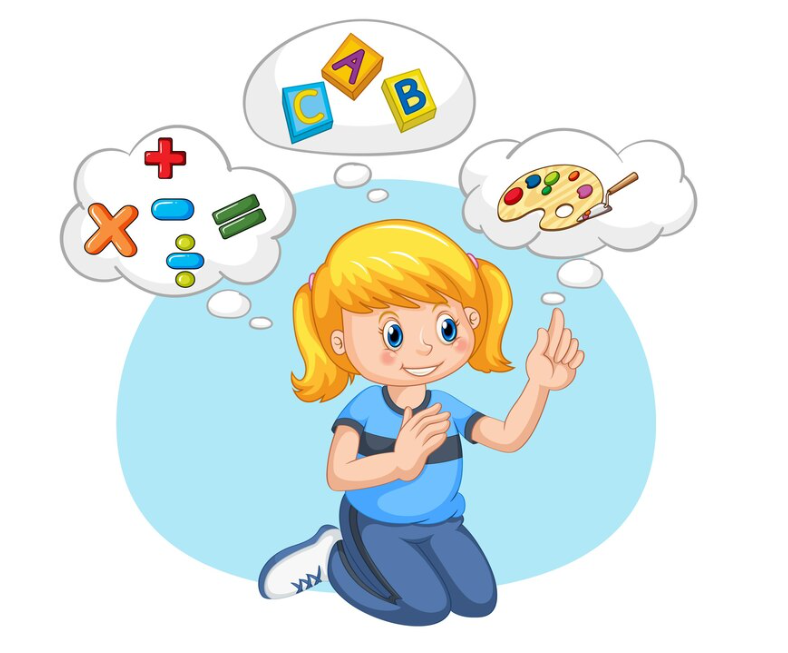
Role in Developing Personality
Shaping Values and Morals The content of cartoons plays a decisive role in shaping a child’s personality. Positive examples abound, with some cartoons instilling values of friendship and hard work. However, there is a cautionary note – the type of cartoon matters. Some may inadvertently promote negative habits or violence, emphasizing the importance of parental guidance in choosing appropriate content aligned with desired values.
Positive Effects on Growth
Navigating the Landscape of Cartoons contributes significantly to various facets of a child’s growth. Statistical insights reveal that 78% of children experience psychological effects after watching cartoons, showcasing the profound impact on their cognitive processes. Moreover, 70% of children undergo language changes, reflecting the influential role of cartoons in shaping linguistic skills and behaviour. The positive effects encompass early learning assistance, cognitive development, language improvement, creativity boost, and cultural awareness.

Pros and Cons
Striking a Delicate Balance The intricate dance between the positive and negative effects of cartoons is evident. While they offer early learning assistance, cognitive development, and cultural insights, there is the potential for exposure to violence, stereotyping, and a sedentary lifestyle. The delicate balance between these pros and cons emphasizes the need for thoughtful curation of cartoon content for children.
Pros: Unveiling Educational Tapestry
- Early Learning Assistance:
- Cartoons serve as engaging educational tools, offering early learning assistance by making shapes, numbers, and colours enjoyable and interactive for children.
- Cognitive Development:
- Animated cartoons contribute to cognitive development, fostering logic, reasoning, and visual and auditory processing. These become crucial building blocks for a child’s cognitive skills.
- Cultural Insights:
- Diverse-themed cartoons provide valuable cultural insights, introducing children to various customs and traditions, and cultivating an early appreciation for global diversity.
Cons: Navigating Potential Challenges
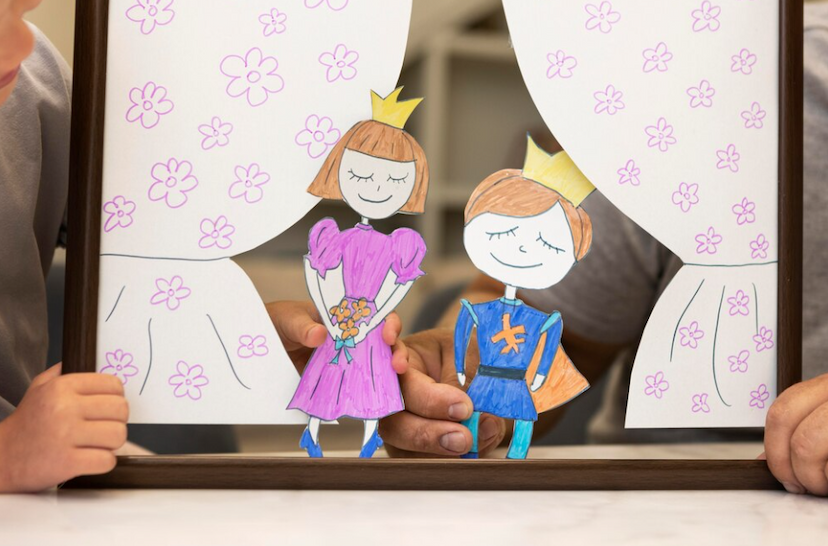

How Animation Affects Children’s Brains ?
A Deeper Dive Delving into the realm of animation, statistics become key in understanding its impact on children’s brains. Recent studies indicate that animation videos stimulate the growth of new neurons by three times and enhance memory by up to 65%. These profound effects are rooted in animation’s ability to promote problem-solving skills, critical thinking, and personal growth, all while engaging multiple senses.
Final Notes
Navigating the Cartoon Landscape In conclusion, the impact of cartoons on a child’s psychology and behaviour is a nuanced interplay of positive and negative influences. Parents and guardians must be vigilant curators of content, ensuring that the cartoons align with desired values and contribute positively to a child’s holistic development. The statistics, examples, and detailed exploration provided here aim to guide a more informed and responsible approach to children’s entertainment choices.
Read more,



